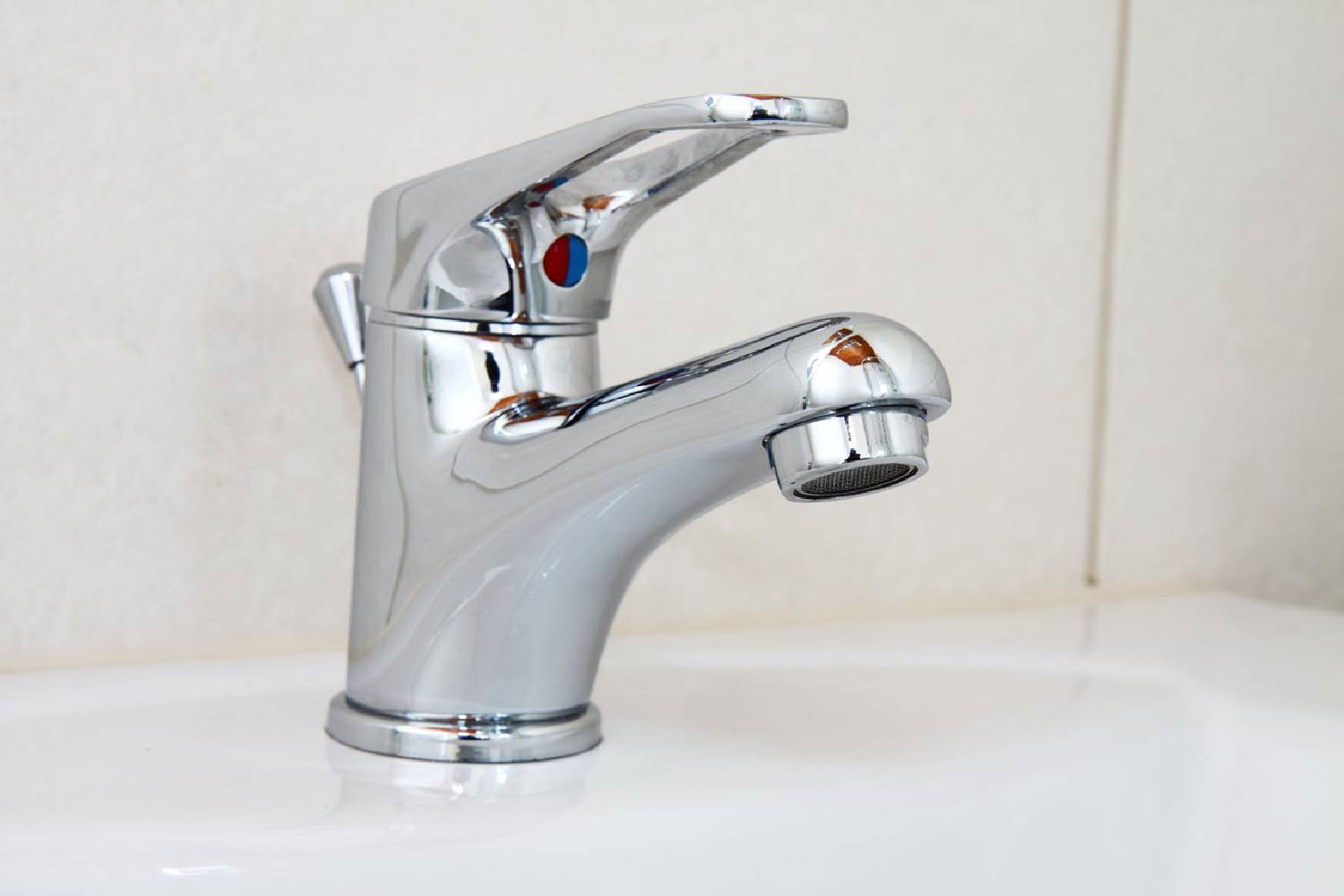Despite implementing rotational stage water restrictions, the Gauteng province has been forced to escalate matters with increased watershedding in all three metros.
Gauteng watershedding will affect these areas
In a statement released on Friday, Rand Water made it abundantly clear that placing Gauteng’s supply issues in the hands of consumers was no longer feasible.
The supply authority revealed that since the start of the spring season, bulk water distributed to municipalities “has increased from an average of 4.3 billion to 4.9 billion litres of water per day.’
Furthermore, Rand Water explained that in Gauteng, water consumption per day is twice as high at an average of 300 litres per person, compared to the global average of 173 litres per person per day.
With a daily demand of 17 million consumers relying heavily on strained reservoirs, Rand Water was forced to escalate its restrictions on Friday, noting that intermittent water supply would remain in place until the system recovers.
“To stabilise and avoid the emptying of the reservoirs and complete system crash, Rand Water will further apply the flow control management of its reservoirs. This measure will ensure that Rand Water takes full control of water supply and no longer relies on the consumers to reduce consumption,” the supply authority noted.
Since Friday, 14 October 2022, these Gauteng areas have been affected by watershedding:
- City of Johannesburg;
- City of Ekurhuleni;
- City of Tshwane;
- Rand West Local Municipality;
- Mogale City Local Municipality; and
- Rustenburg Local Municipality
What is intermittent water supply?
Gauteng households will remain without a steady flow of water for weeks as Rand Water attempts to avert the catastrophe of draining its reservoirs.
To mitigate a possible crisis, the supply authority implemented prolonged water restrictions. Already, most parts of the province had been watershedding at level 1, where car washes, lawn work and the general use of hosepipes were prohibited.
According to Dream Civil, intermittent supply is a resort supply authorities turn to when water levels are dangerously low. In this system, “the whole community is divided into several zones, and water is supplied in each zone for a fixed time in a day or alternate days.”
While Rand Water has yet to provide a schedule for the Gauteng watershedding, renowned SABC reporter Aldrin Sampear revealed tap outages were expected to last between one and 10-hour periods.
